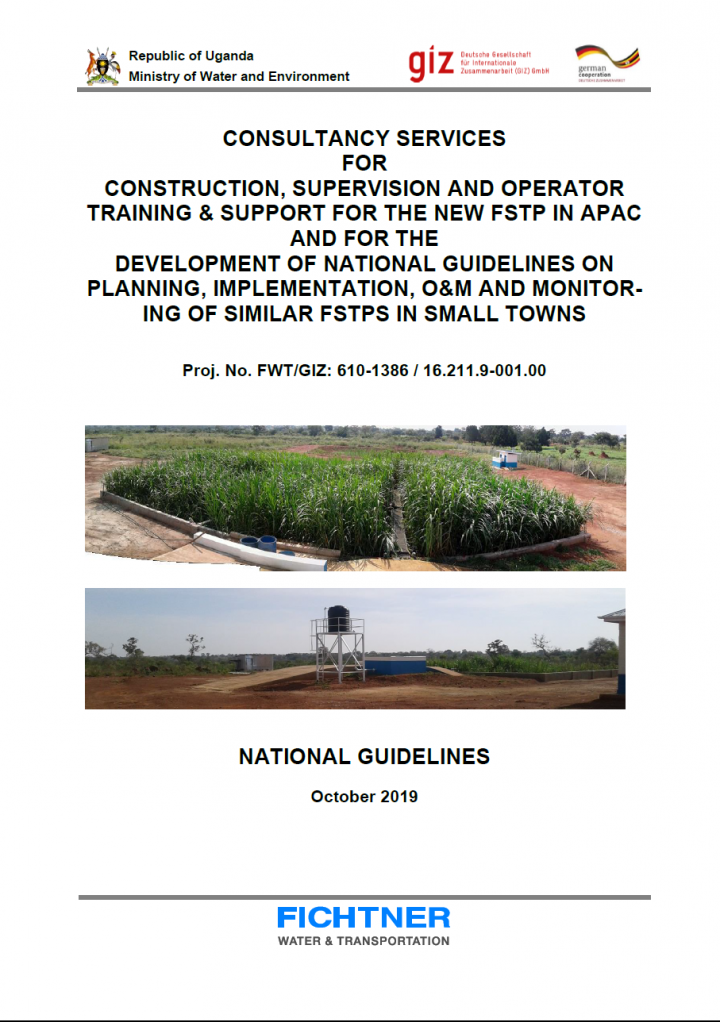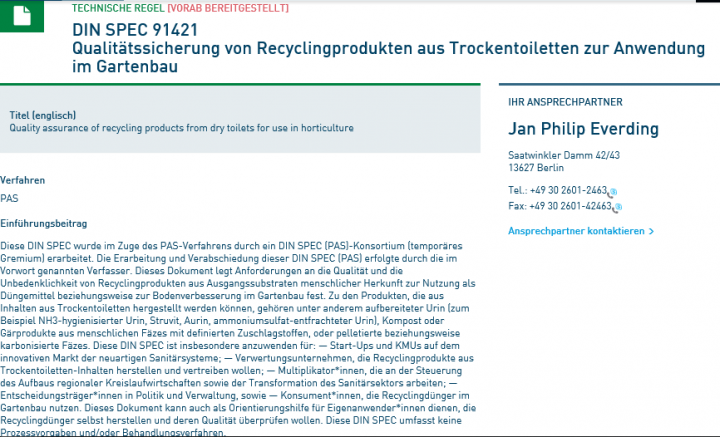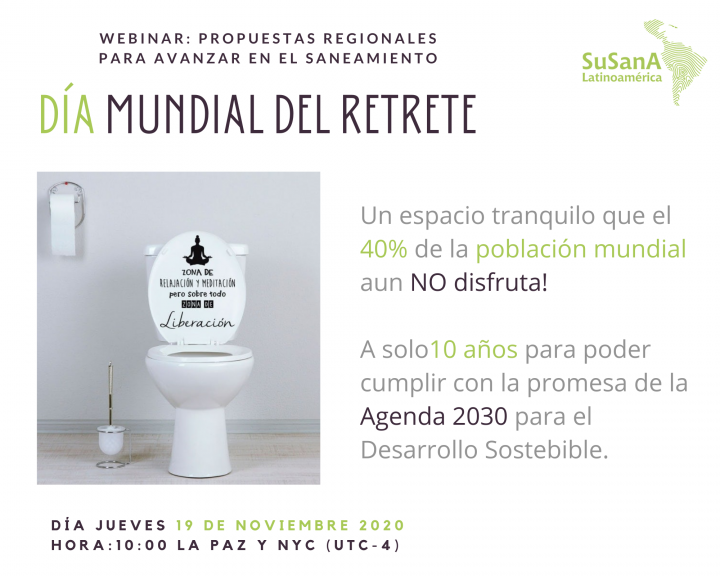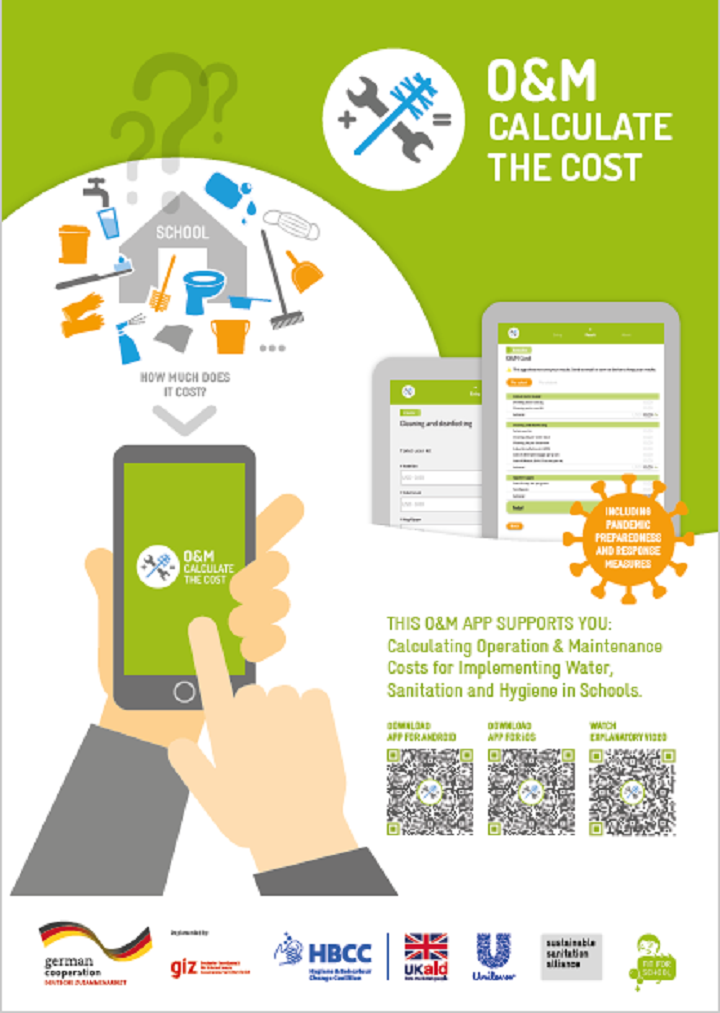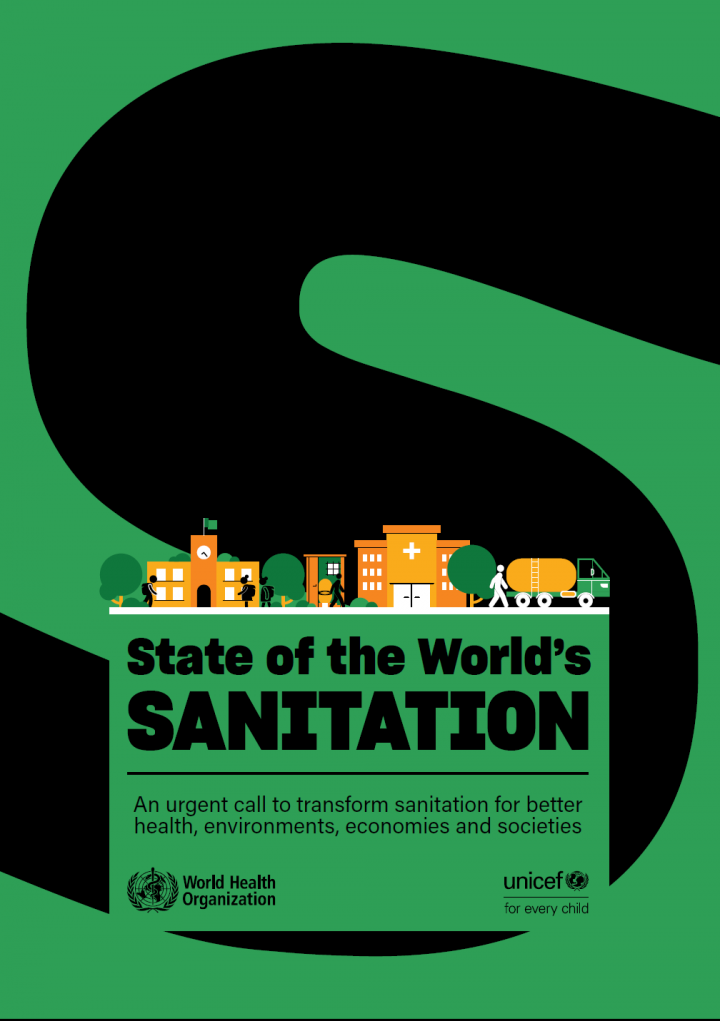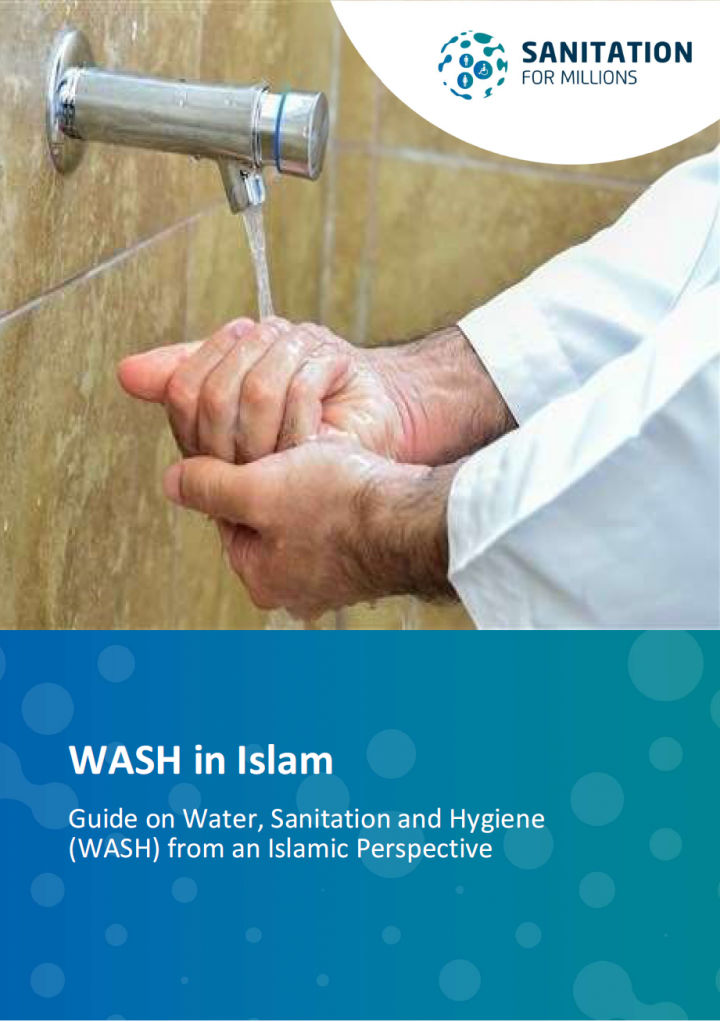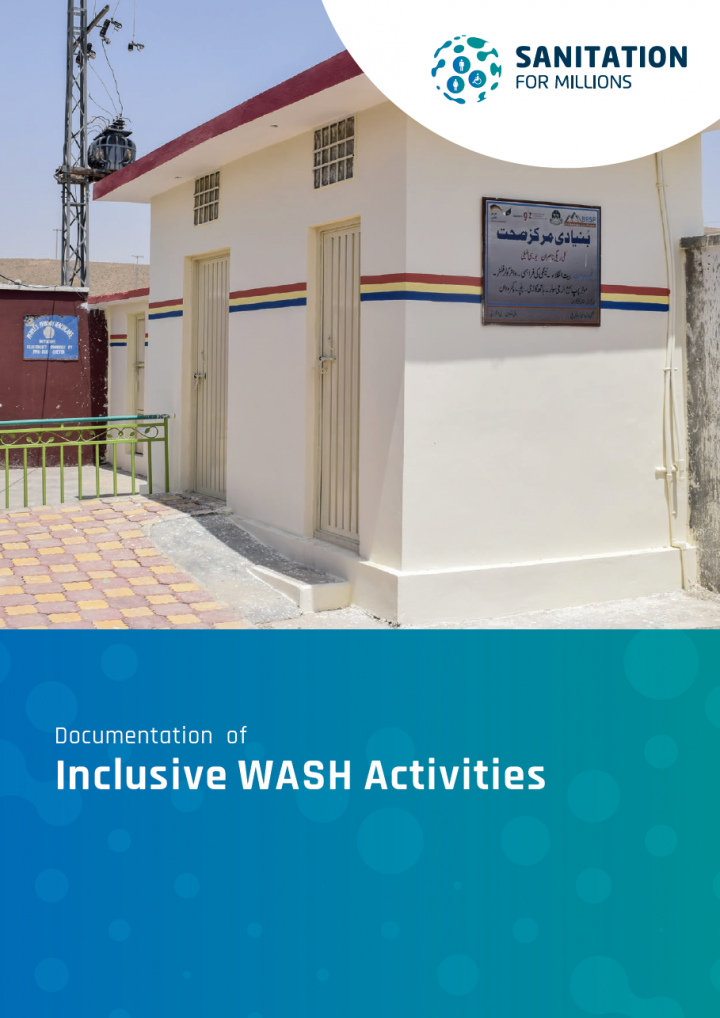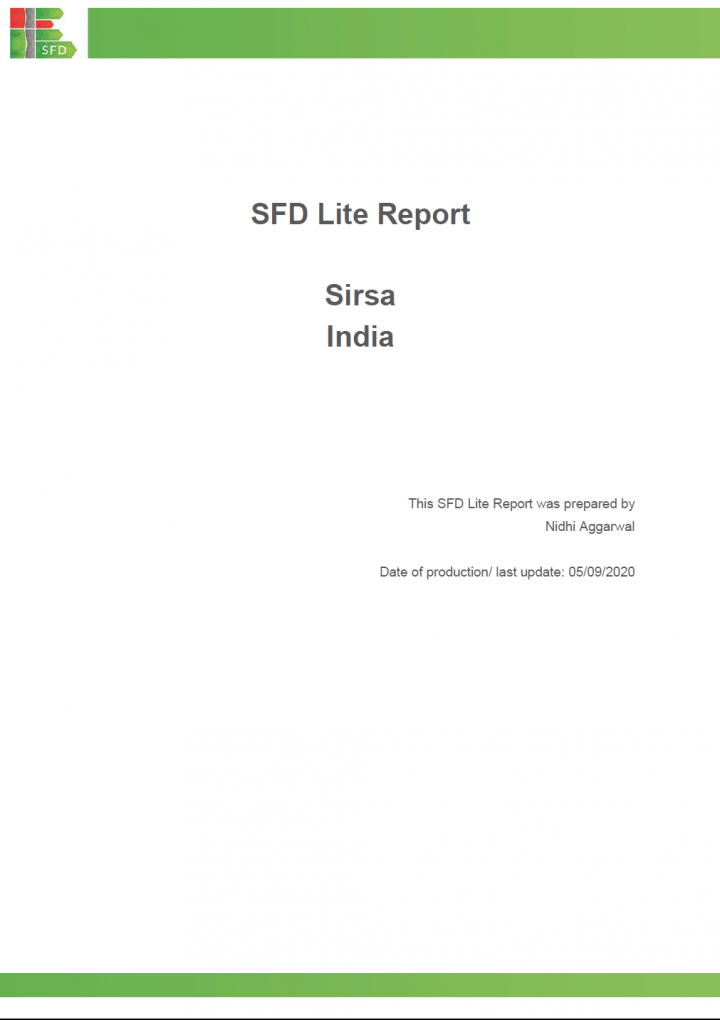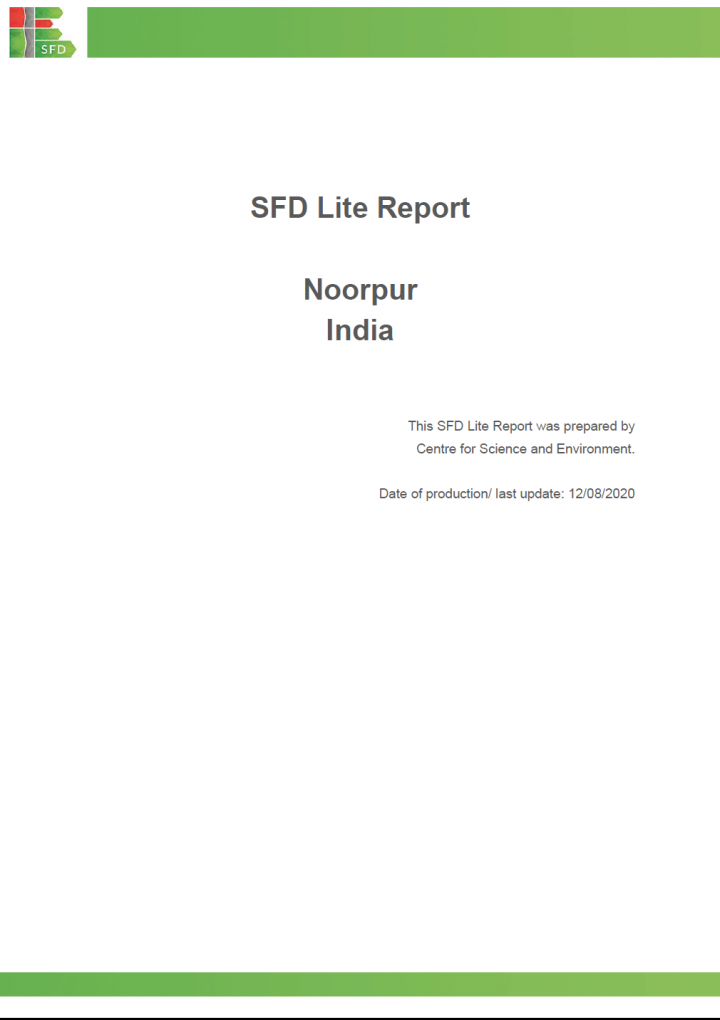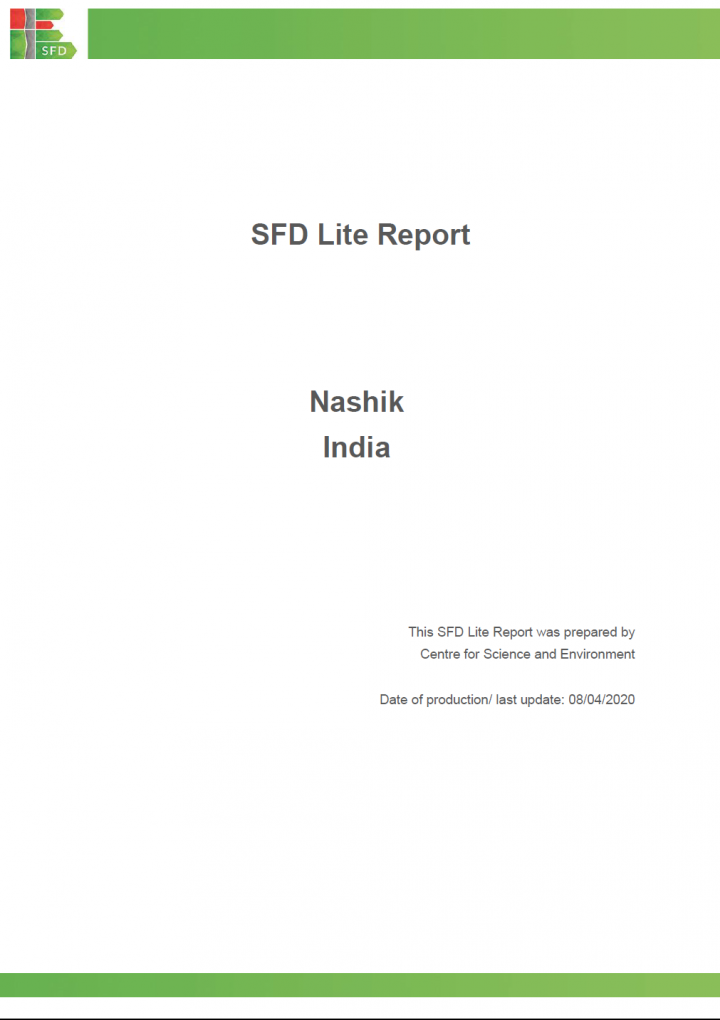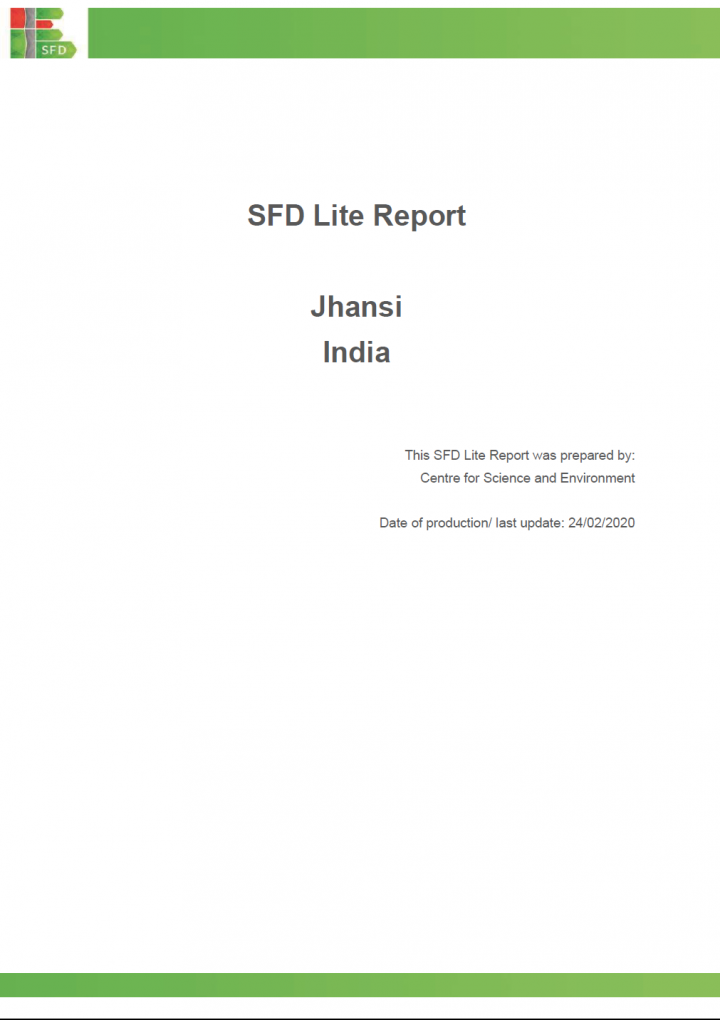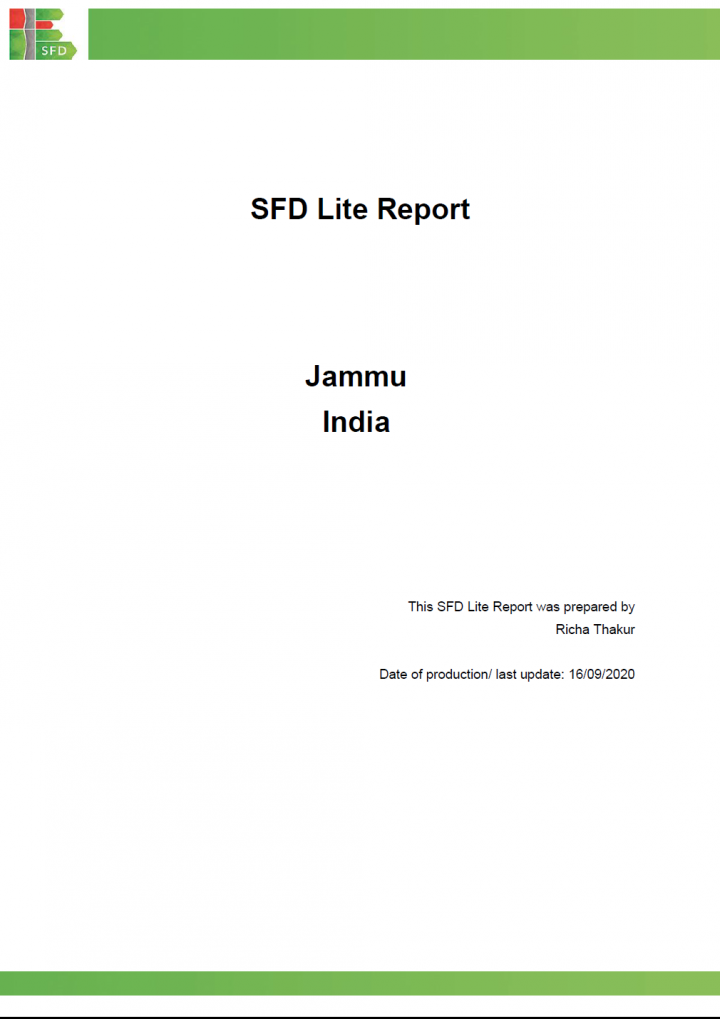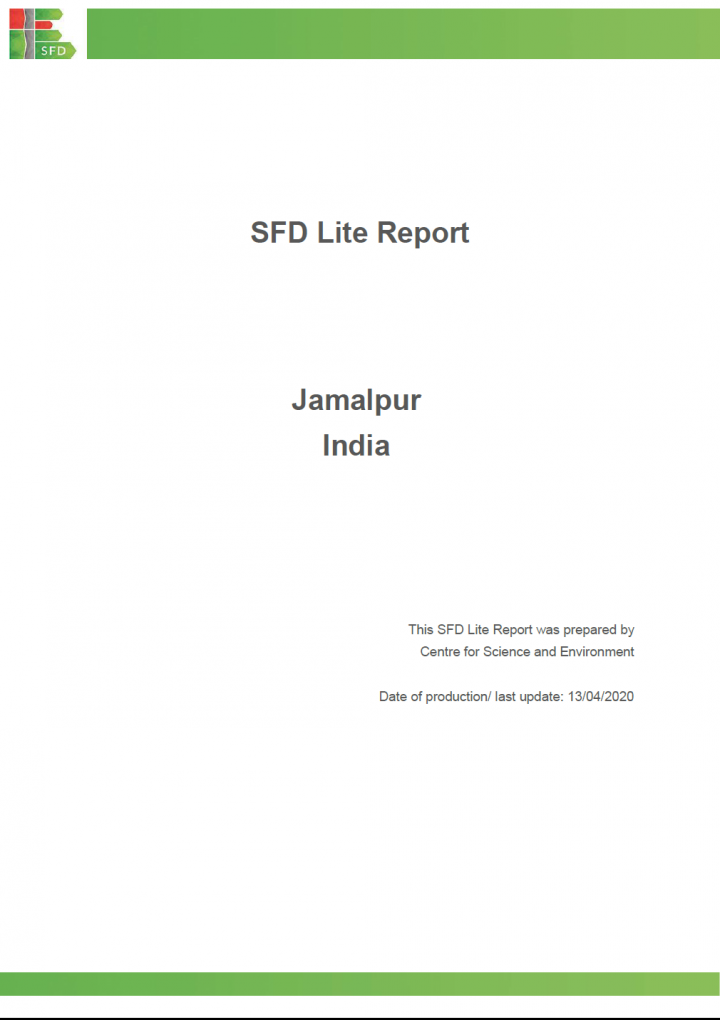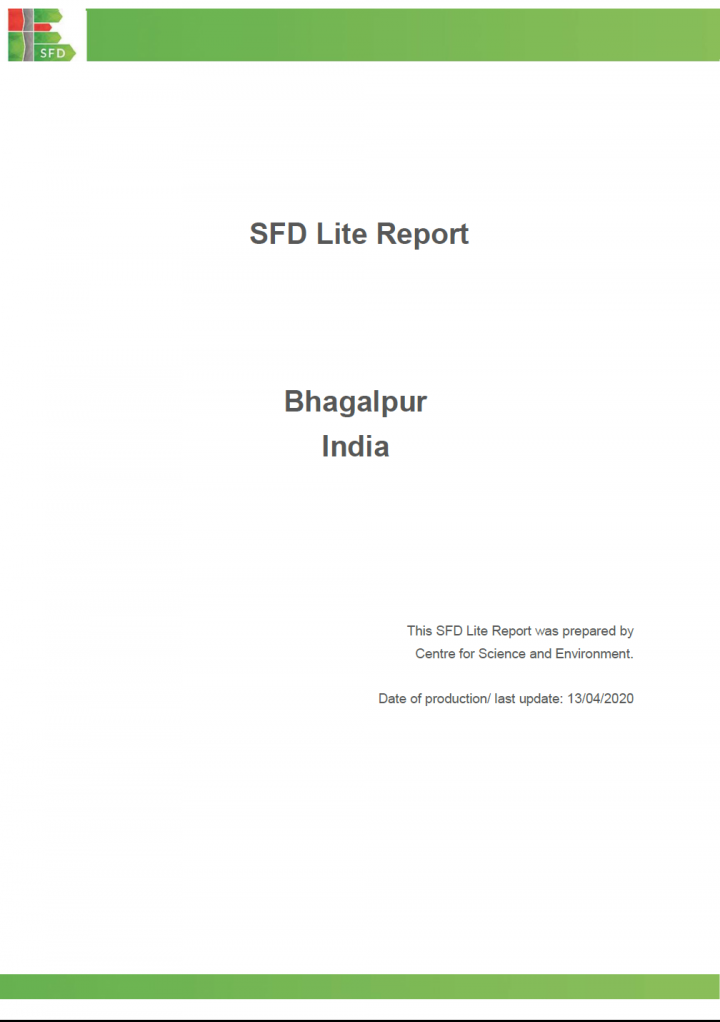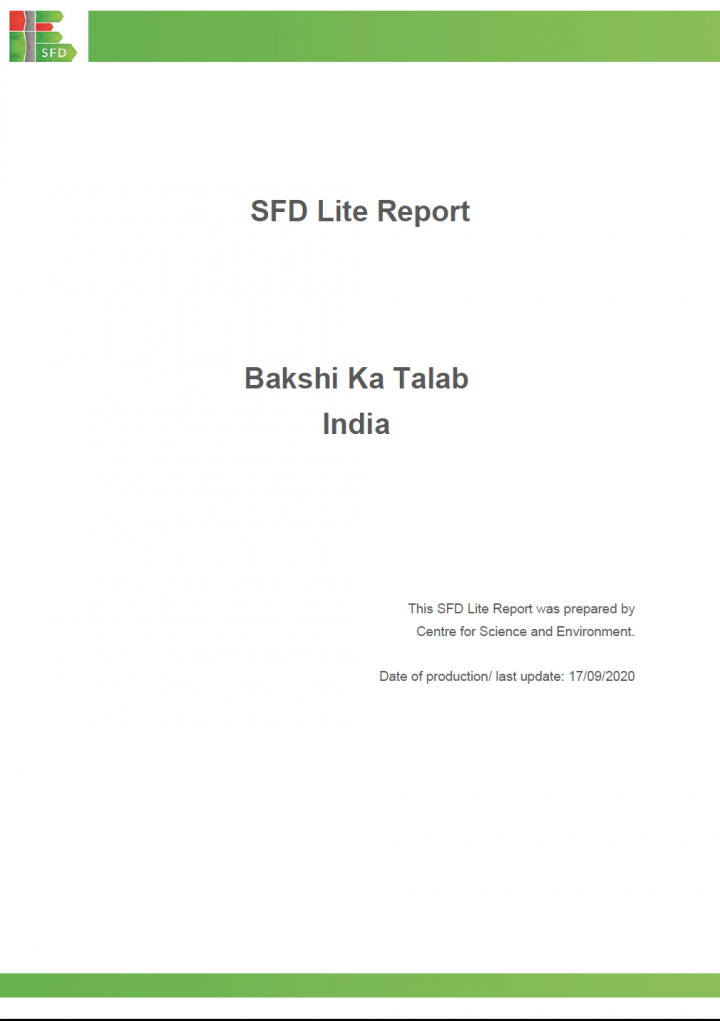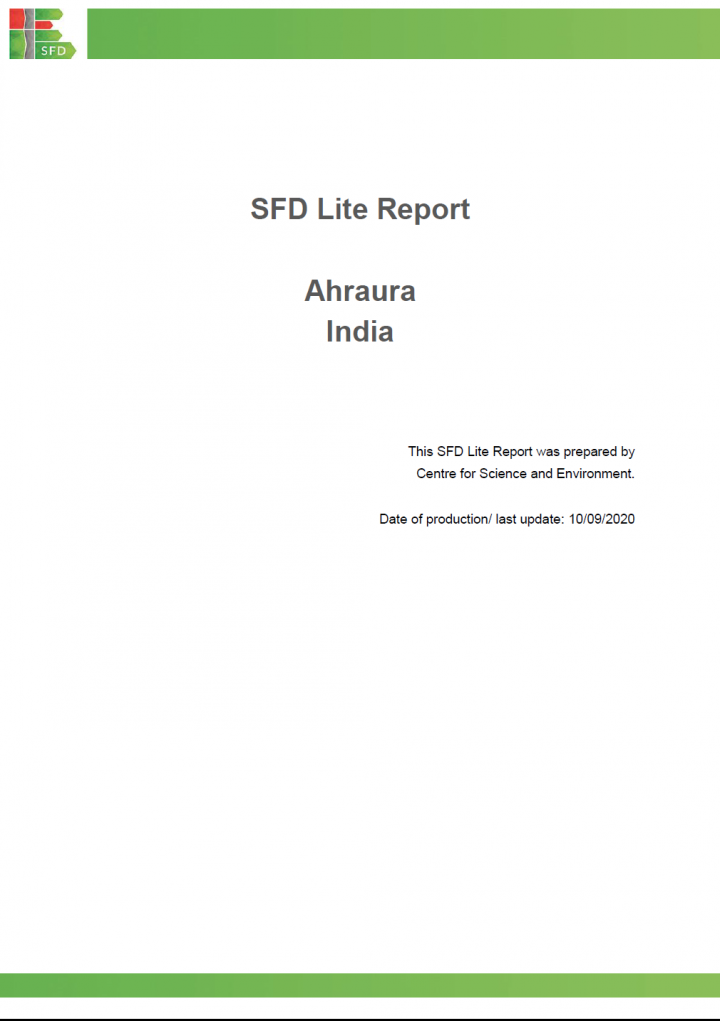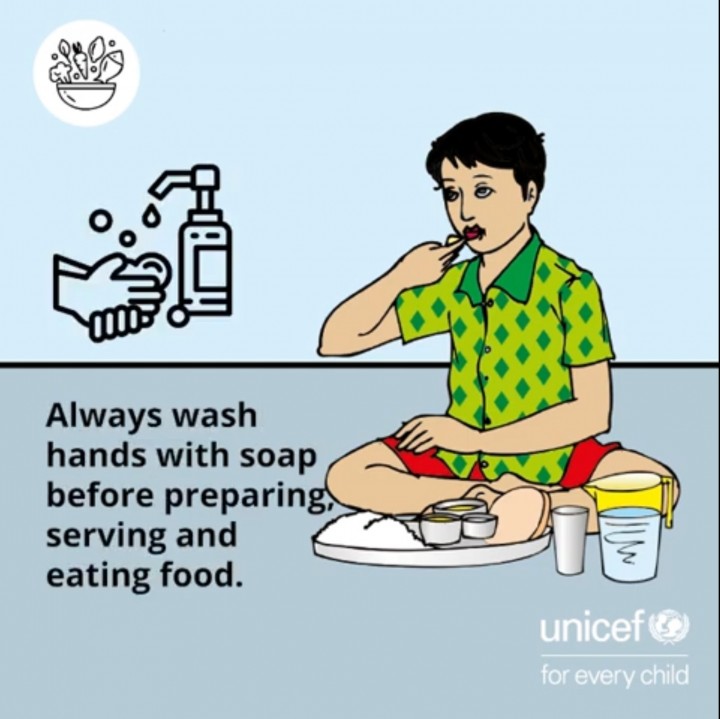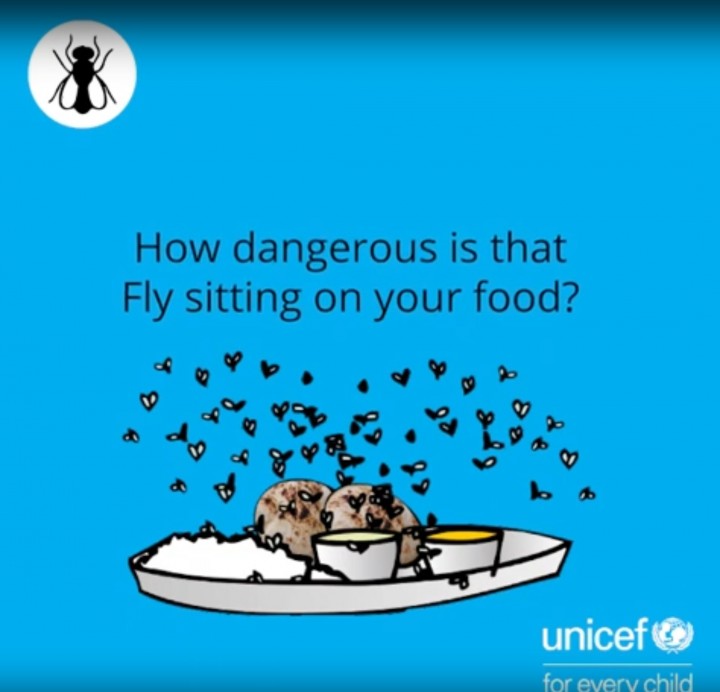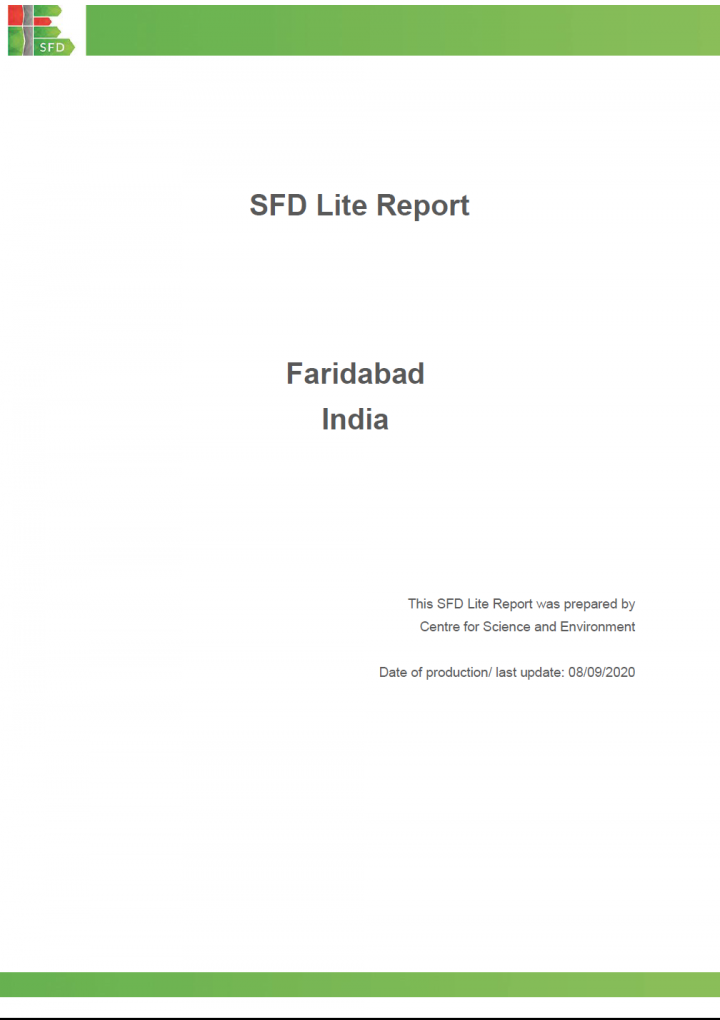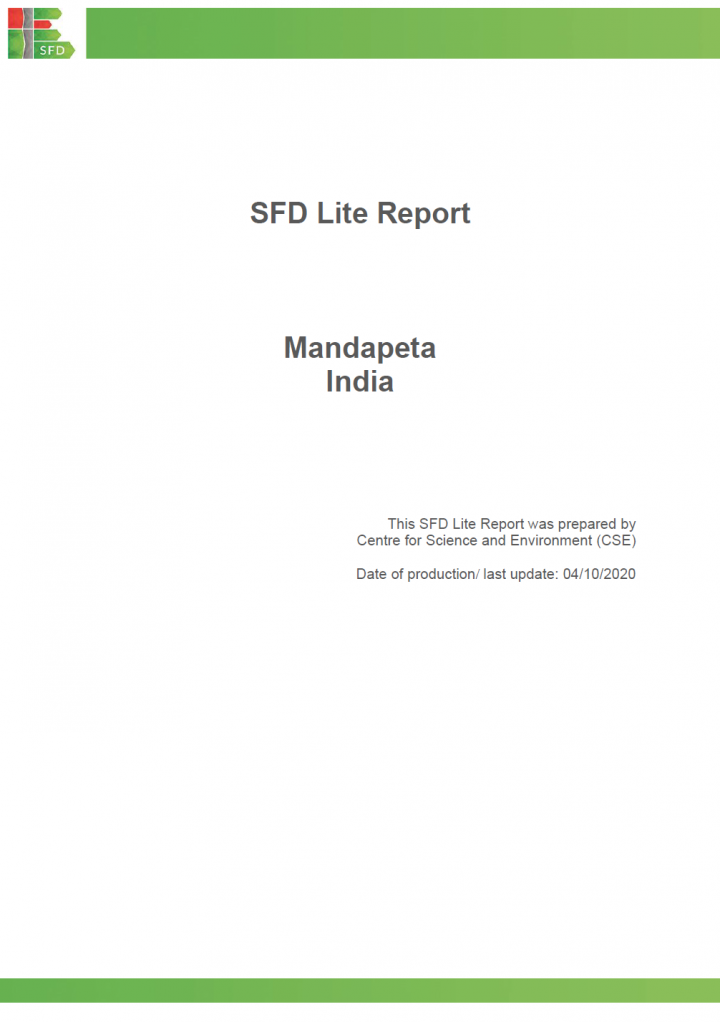Koehl, F., Spitzer, A. (2019) National Guidelines on Planning, Implementation, O&M and Monitoring of FSTPS in Small Towns Consultancy Services
Summary Guidelines: German Development Cooperation implemented by GIZ supported the Ugandan Ministry of Water and Environment in developing the National Guidelines for the planning, implementation, O&M and monitoring of small FSTPs (up to about 5,000 m³/a). It is expected that these Guidelines will contribute to enhance the cost efficiency and sustainability of FSTP investments by ensuring that they are based on high-quality standards that reflect […]
DIN SPEC (PAS) (2020) Quality assurance of recycling products from dry toilets for use in horticulture (German) DIN SPEC 91421:2020-12 - Qualitätssicherung von Recyclingprodukten aus Trockentoiletten zur Anwendung im Gartenbau
Diese DIN SPEC wurde im Zuge des PAS-Verfahrens durch ein DIN SPEC (PAS)-Konsortium (temporäres Gremium) erarbeitet. Die Erarbeitung und Verabschiedung dieser DIN SPEC (PAS) erfolgte durch die im Vorwort genannten Verfasser. Dieses Dokument legt Anforderungen an die Qualität und die Unbedenklichkeit von Recyclingprodukten aus Ausgangssubstraten menschlicher Herkunft zur Nutzung als Düngemittel beziehungsweise zur Bodenverbesserung im Gartenbau fest. Zu den Produkten, die aus Inhalten aus Trockentoiletten […]
Villagra, M., Blanco, I., Aguatuya, Tedesco, M., Mesquida, G. (2020) Presentations of the SuSanA Latin America World Toilet Day Webinar Propuestas Regionales para Avanzar en el Saneamiento
El tema del Dia Mundial del Retrete 2020 es “No dejar a nadie atras”, la promesa central de la Agenda 2030 para el Desarrollo Sostenible. Este anno, queremos evidenciar que un retrete no es solo un retrete: salva vidas, salvaguarda la dignidad y crea oportunidades. En la actualidad, 4 200 millones de personas carecen de servicios de saneamiento gestionados de forma segura, 673 millones todavia se […]
GIZ (2020) O&M App Calculate the Cost
This O&M App supports you: Calculating operation & maintenance costs for implementing water, sanitation and hygiene in schools. Including pandemic preparedness and response measures.
UNICEF, WHO (2020) State of the World’s Sanitation An urgent call to transform sanitation for better health, environments, economies and societies
The world is alarmingly off-track to deliver sanitation for all by 2030. Despite progress, over half of the world’s population, 4.2 billion people, use sanitation services that leave human waste untreated, threatening human and environmental health. An estimated 673 million people have no toilets at all and practise open defecation, while nearly 698 million school-age children lacked basic sanitation services at their school. The consequences […]
Al-Zoubi, M., El-Amad, W., Sultan, N., Shihadeh, K., Ameen Ghalia, M., Rbeihat, R., Abu Arqoub, H., Btoush, A., Rababeh, F., Zoubi, A., Ababneh, H. (2020) Sanitation for Millions - WASH in Islam Guide on Water, Sanitation and Hygiene (WASH) from an Islamic Perspective
Islam has paid considerable attention to the personal hygiene of the individual, the general cleanliness of the community and the surrounding environment. The Holy Qur’an and the Noble Sunnah of the Prophet are full of sharia evidences prompting this, and it is explicitly called for when God says, “and your clothing purify”. This focus on hygiene is not limited to preaching and encouragement only, but […]
Gerlach, E., Koeberlein, M., Brandt, A. (2020) Sanitation for Millions - Inclusive WASH Activities A Documentation
‘Leave no one behind’ is at the core of the Sustainable Development Goals (SDGs). Leave no one behind means for Sanitation for Millions that everyone, in any inhabited place, has access to a safely managed sanitation facilities and/or safe (hand-) hygiene, and thus can fulfil his/her WASH needs adequately and with dignity. Yet, as per WHO and UNICEF still more than 4.2 billion people suffer […]
Aggarwal, N. (2020) SFD Lite Report - Sirsa, India
The Sirsa city is a municipal council and the headquarter of Sirsa district in Haryana. It is located at mean elevation of about 205 msl at 29.53°N 75.02°E. It is about 260 km NW of New Delhi and 240 km from state capital of Chandigarh. The city covers an area of 26 km2. It is said to be one of the oldest places of North […]
CSE (2020) SFD Lite Report - Noorpur, India
Noorpur is a small town in Bijnor District, Uttar Pradesh and is located 38 km South-East of Bijnor city, District Headquarters. According to Census 2011 Noorpur has a population of 38,801 residing in 6,324 households (HHs). The population of the city as per Swachh Survekshan (Country wide annual ranking mechanism for cities with respect to sanitation) conducted in 2019 is 43, 500 corresponding to 7096 […]
CSE (2020) SFD Lite Report - Nashik, India
Nashik is an ancient Indian city situated on the banks of river Godavari. Geographically, it is located in the northwest part of the state of Maharashtra in the Western Ghats with mean elevation of about 565 msl at 20.00° N and 73.78° E. Its historical value attracts lots of tourist throughout the year and results in the diurnal floating population of about 2,00,000. The city […]
CSE (2020) SFD Lite Report - Jhansi, India
The city of Jhansi is called as the Gateway to Bundelkhand, situated between the rivers Pahuj and Betwa at an average elevation of 285 metres (935 feet). It is about 415 kilometres from New Delhi and 99 kilometres south of Gwalior. Jhansi is a major commercial, tourist and educational centre in the Bundelkhand region of Uttar Pradesh state. In addition, there is a major industrial […]
Thakur, R. (2020) SFD Lite Report - Jammu, India
Jammu city is situated along the bank of River Tawi in the Union territory (UT) of Jammu & Kashmir. It is also regarded as the summer capital of the UT. Jammu is the district headquarters of Jammu district. The urban local body governing the city is Jammu Municipal Corporation (JMC). JMC has an administrative area of 189 sq.km which is divided into 75 wards and […]
CSE (2020) SFD Lite Report - Jamalpur, India
Jamalpur is also known as the Rail City of Bihar. It was established during the British rule for manufacture and repair of wagons, coaches, cranes. The city is located at a distance of 170 km east of Patna and 470 km North West of Kolkata. It is well connected with the rest of the country through rail and road networks. The average annual rainfall of the […]
CSE (2020) SFD Lite Report - Bhagalpur, India
Bhagalpur is a city located on the southern alluvial plains of River Ganga, 220 km east of Patna and 410 km North-West of Kolkata. It is the third-largest urban centre of the state. Bhagalpur city is also the headquarters of Bhagalpur district. The city is divided into 51 wards. As per census 2011, the city’s population was 400.146, residing in 68193 households. The current population […]
CSE (2020) SFD Lite Report - Bakshi Ka Talab, India
Bakshi Ka Talab Nagar Panchayat is a city under the Bakshi Ka Talab sub district of Lucknow district in the state of Uttar Pradesh in India. City is an organised settlement developed by Lucknow Development Authority (LDA). The city gets its name as Bakshi Ka Talab, which was constructed in 1807 by King Tripuresh Chandra Bakshi, while enroute to Nepal and took a halt in […]
CSE (2020) SFD Lite Report - Ahraura, India
Ahraura is situated at a distance of 60km from Mirzapur District, in the state of Uttar Pradesh, India. The city lies in the Vidhyan Range, and at a distance of 340 km from the state capital, Lucknow. The population of the city, as per the Census of India, 2011 is 23,094. Population. The density of the city is 6,242 persons per sq.km, which is considerably […]
UNICEF (2020) Tips for safe food preparation Video on preparing and keeping food safe to eat
This one-minute video from UNICEF describes how to make and keep food safe from contamination to guard against diarrhoeal disease.
UNICEF (2020) How dangerous is that Fly sitting on your food really? Video on flies as disease vectors
This one minute video by UNICEF explains how flies are vectors of disease and carry germs from faeces to the home in a simple manner.
Kaushik, N. (2020) SFD Lite Report - Faridabad, India
Faridabad, the south-eastern district in the state of Haryana, was founded in 1607 AD by Sheikh Farid, the treasurer of the Mughal Emperor Jahangir, with the object of protecting the Grand Trunk Road, now called Delhi-Mathura National Highway-2 (Shershah Suri Marg). Faridabad is located at mean elevation of about 205 msl at 28.43°N 77.32°E on the plains of the river Yamuna bordered by the river […]
Avinash, V. (2020) SFD Lite Report - Mandapeta, India
Mandapeta was originally called "Mandavyapuram", which came from Sage Mandukya. Mandapeta is a second-grade municipality established on October 1st, 1958 in East Godavari District in the Indian state of Andhra Pradesh. It is located at mean elevation of about 15.48 msl at 16.520 N, 81.560 E.
